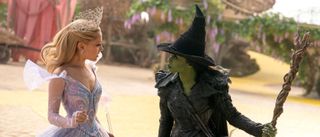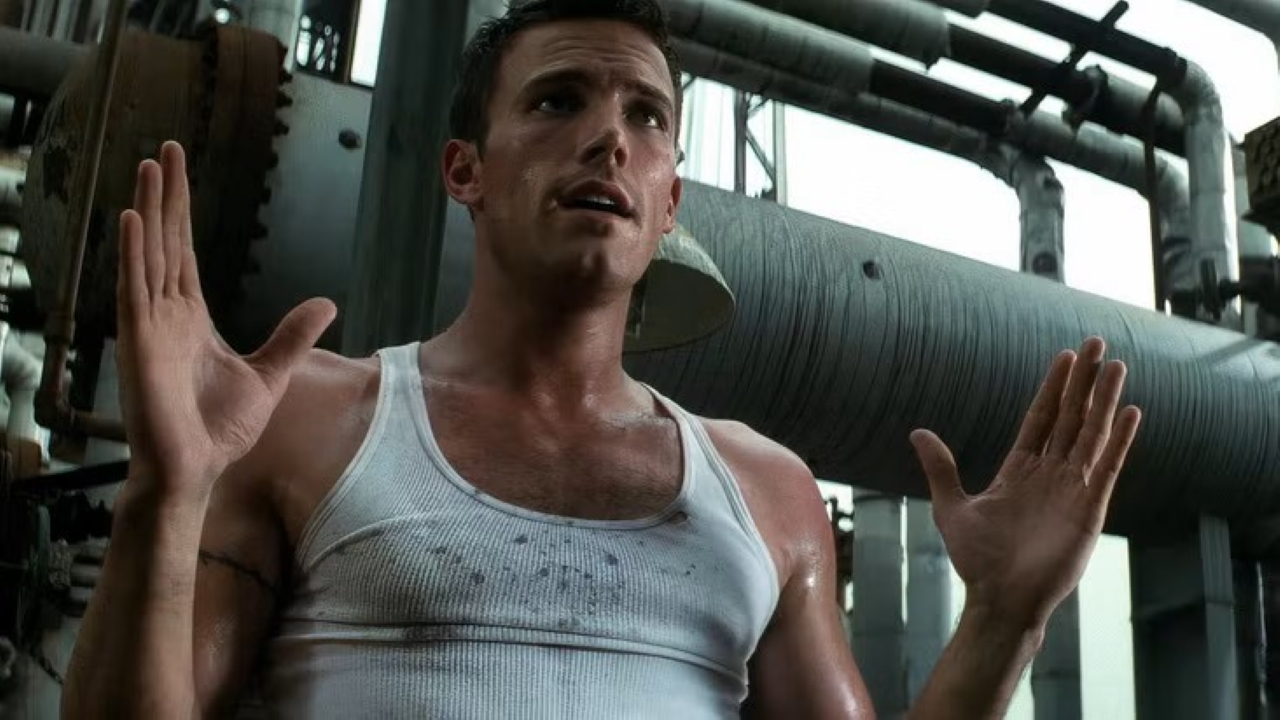Reviews
Latest Reviews
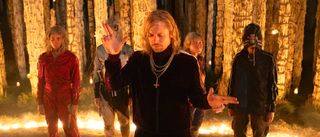
28 Years Later: The Bone Temple Review: I Expected A Horror Sequel, But This Is Something Else Entirely
By Nick Venable published
Humans always prove to be the biggest monsters.
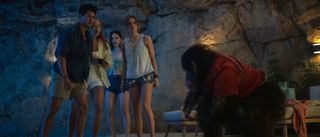
Primate Review: A Super Gory B-Movie That Gets An Extra Half-Star From Me For One Specific Reason
By Eric Eisenberg published
A cliched creature feature that still manages to be memorable.
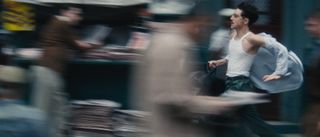
Marty Supreme Review: Timothée Chalamet And Josh Safdie Ratchet Anxiety Up To 11, And I Love Every Second Of It
By Eric Eisenberg published
One of the most spectacular, engrossing, and wild cinematic experiences of the year
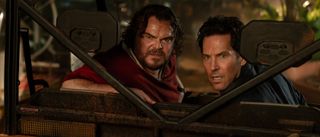
Anaconda Review: This Anaconda? Don't Want None
By Eric Eisenberg published
Even minimal expectations will result in disappointment.
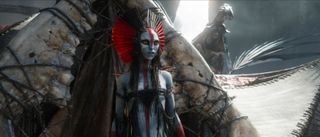
Avatar: Fire And Ash Review: James Cameron’s Epic Saga Is Emotional And Epic
By Corey Chichizola published
Things on Pandora are heating up.

Five Nights At Freddy’s 2 Review: The Video Game Movie Sequel Limbos Under The Low Bar Set By The First Film
By Eric Eisenberg published
Yes, it's actually worse than the first movie.
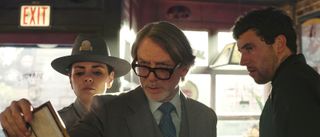
Netflix’s Wake Up Dead Man Review: The Best Knives Out Movie Is Also The Least Fun
By Nick Venable published
A murder-mystery with a meaning.

Zootopia 2 Review: A Bigger City For A Smaller Story
By Dirk Libbey published
Zootopia 2 keeps things simple, but no less fun, for another hit movie.
Your Daily Blend of Entertainment News
